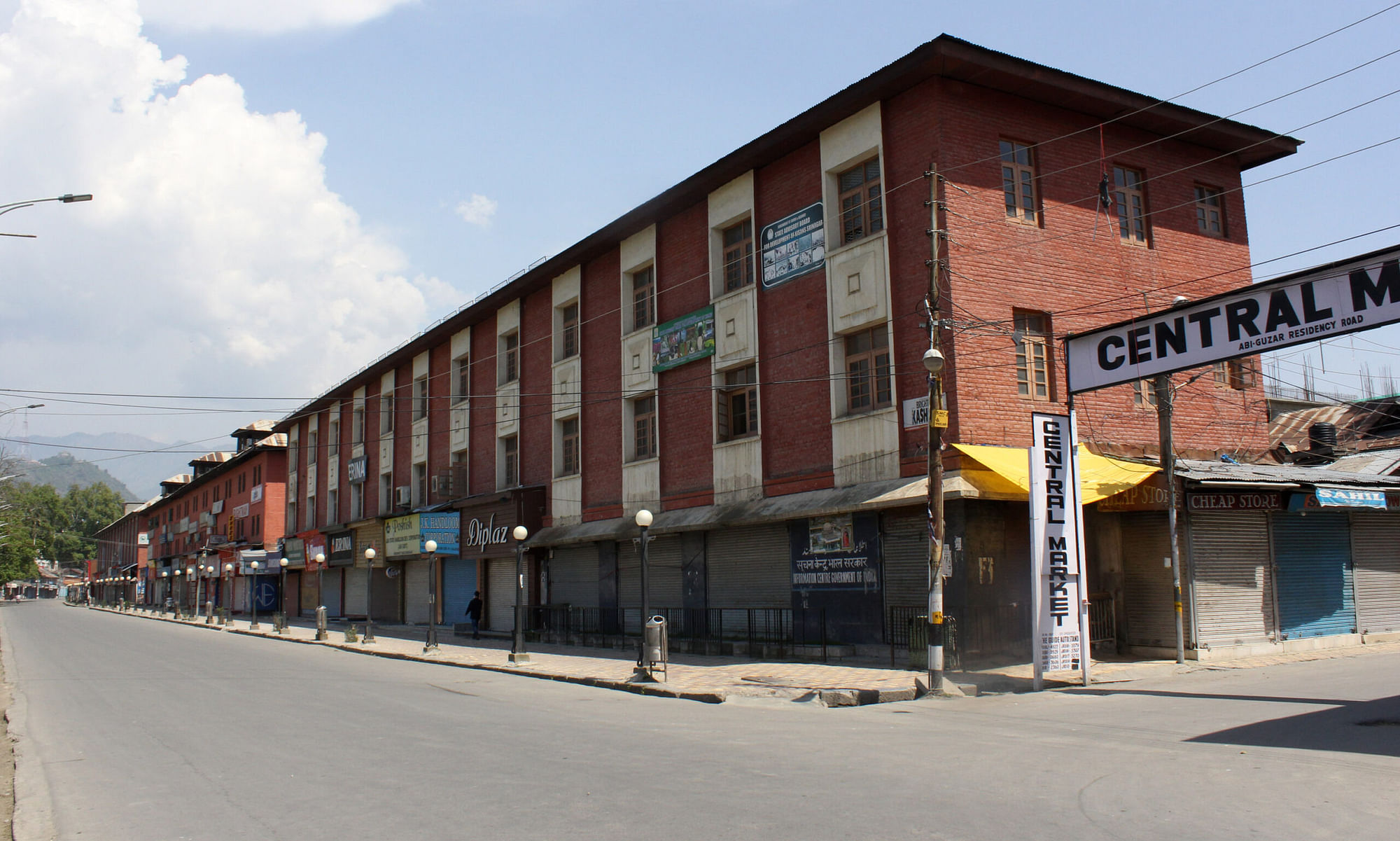This is a third consecutive home-stay for us, the spirited Kashmiris! During the 2019 lockdown people were spending a lot of time with family and in actual activities. That was followed by a harsh winter that had us all gripped inside in even smaller domains (than homes); warm-fat blankets and loaded Kangris… We stood indoors! With the arrival of 2020’s spring, the pandemic had already arrived in the valley and we were told to stay indoors for a week or two till virus leaves finding no one to accompany over the streets of the splendid valley. Two weeks’ time metamorphosed into two months and beyond. As the pandemic seemed to somewhat subside, next wave of harsh winter came in the radius of our cocoons was reduced back to blanket size. Spiritually dead with 24 months of cocooning, we spared two suppers for two spring Sundays. On one we went to Badamwari, on next to Tulip Garden and back to cocooning.
As part of my regular research work, I conducted a survey just a week back and it falls upon me to share some of the thought provoking insights about us, with us! 83% happily affirmed that Covid-19 specific lockdown has been easy for them and their household members as compared to the former curfew of 2019. Respondents say that they have been growing up in uncertain times and have witnessed different kinds of shocks and fragilities. Senior members of the respondent families say that they have seen dramatically changing social, political and economic systems. They also report a number of hysterical episodes they have been witnessing over time.
77% households under the random sample say that the basic consumption of their household hasn’t changed in the last three years. 80% of them have enough food grains, pulses, dried vegetables and other basic sustenance items stored in the household that could last up to a year. 77% of households are well connected with the retailers/suppliers of the basic and other items required by the households and therefore no crisis or shortage is foreseen by them in case of any uncertainty. The liquidity preferences of the people have evolved over time in such a manner that most people keep cash handy and do not face any major hurdles in paying the everyday bills. Same applies to the medication and other sustenance based necessities. People store enough and are in contact with the people who deal in such things making the survival possible in all sorts of uncertain situations. As a long term measure of survival in uncertainty, 44% respondent households say that they have changed their economic activity since early 1990s. People have been engaged in the kind of economic activities that are resilient and shock resistant.
On the societal level, the group behavior of people is a strong resilience tool. Kashmiri’s have faced every challenge and spell of fragility with a unified group behavior. 88% respondents say that at the household level psychological resilience has developed among the family members that they keep the household together and going. 97% believe in the oneness of people as a close knit group that has especially been woven together by the uncertain times spread over decades. 72% respondent households say that they have been actively involved in giving and receiving all sorts of help at the (extended) family and local level. Any neighboring or relative household that needs any kind of assistance is easily provided by others. This is clearly reflected by the fact that 77% households under study haven’t gone through any change in the consumption of basic necessities since the beginning of the pandemic specific lockdown since the spring of 2020.
The findings of the survey do not refute the fact that people have been suffering a lot of psychological, social and economic hardships for years on account of various types of uncertainties that hit people from time to time. It rather highlights the psychological resilience of the people that has developed on account of the challenges and the hardships. One of the major paradoxical example of same being the response of the households on the comparison between the August 2019 and spring 2020 lockdowns. 68% respondents say that the latter has been a comparatively tolerable lockdown with the availability of communication and other basic modern day facilities to keep them busy both in a constructive and entertaining way.
Now that we are caught in a deadly second wave of the pandemic, these responses show that we as a community of people are resilient and able to face any challenge. If we have been able to emerge from all the hysterical and uncertain shocks of the past, we can emerge victorious from the current pandemic as will with a little more determination. Staying indoors has been a superpower we all excel in. If we strictly cling to it for some more weeks with a religious vigor, change our ever changing patterns of flexibility and tractability, we as a community of people made of resilient households can overcome this challenge as well… Just a little bit more of our courage and we get through this horrible pandemic!
(Dhaar Mehak is a researcher based in Kashmir and working on the Kashmir Economy.)






